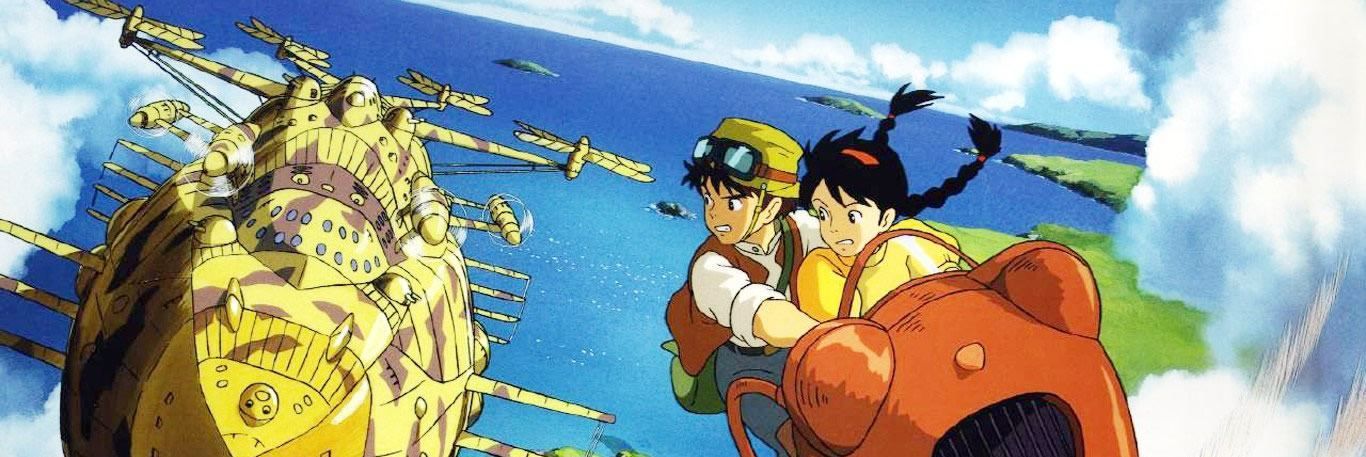Western Hollywood dramaturgy has been extremely successful.
While some films skillfully subvert traditional storytelling, like Memento with its protagonist's amnesia driving an unconventional narrative, they still must engage with audience expectations. Even in breaking from convention, storytellers can never fully escape the fundamental pattern that begins with 'Once upon a time...
Human stories reflect upon our reality, our culture, how we live together - stories manifesting and questioning values and moral systems.
In Western storytelling, shaped by Judeo-Christian values, narratives often center on the eternal struggle between good and evil. This manifests in stories of heroes forced to commit morally questionable acts in pursuit of noble goals, challenging audiences to wrestle with whether righteous ends can justify dark means.
No wonder, then, that the East Asian stories have a fundamentally different set-up - a different dramaturgy and underlying philosophy.
In East Eastern stories we find the four-part Ki-shō-ten-ketsu and Jo-ha-kyū, which roughly translates as "beginning, break, rapid"
I began to understand it all with the help of Mono no Aware. There is no direct Western translation; it is a feeling, a way of approaching life, with a reverence for the ephemeral. The pathos of things.

Without being raised in a culture attuned to mono no aware, we often struggle to fully appreciate Japanese films, theater, and literature. While Western audiences frequently search for clear-cut heroes, villains, and conflicts, these works rarely present such unambiguous narratives.
Japan's Studio Ghibli somehow managed to bridge the Japanese storytelling so that 'Westerners' could embrace it. The result is a number of magnificent anime films; Castle in the sky, My neighbour Totoro, Princess Mononoke, Porco Rosso, Spirited Away...

I think we've had enough princesses and tough guys with automatic weapons. Another bank robbery, another love story with betrayal and forbidden passion, another evil organisation attempting to enslave humanity.
Now we're looking at new ways of telling the story, and I'm pretty sure that an approach around mono no aware offers a way forward. There are films that have already tried with great success; Bladerunner, The remains of the day, Amelie from Montmartre.
One of my absolute favourite films is Never let me go based on a short story by Japanese Kazuo Ishiguro and masterfully narrated as a film by screenwriter Alex Garland - who also wrote the screenplay for Ex Machina.